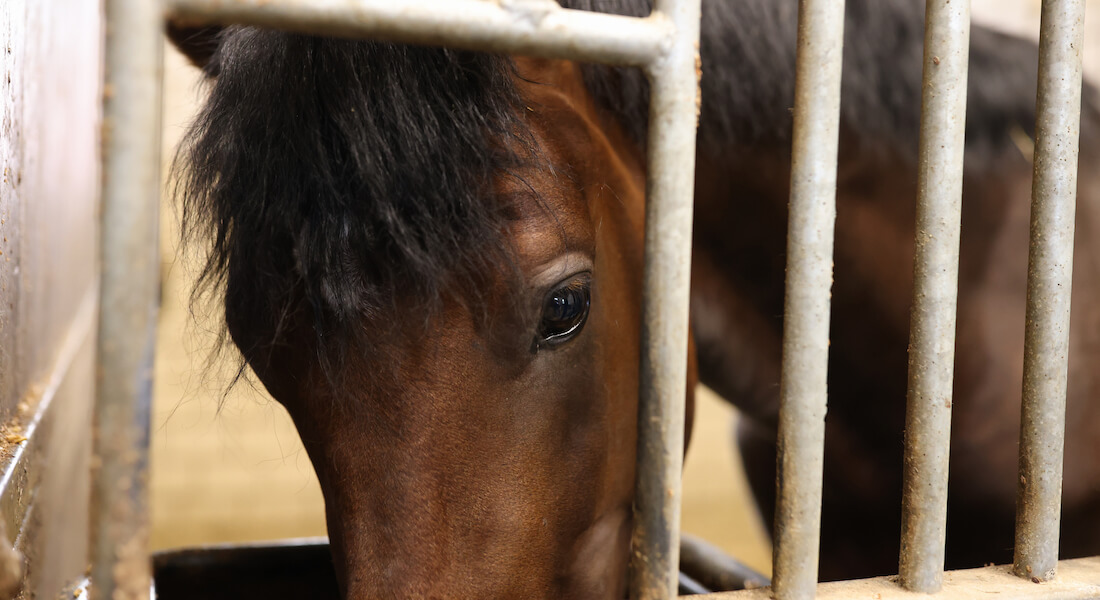Ethicists’ commentary on obtaining hormones from pregnant mares

Ethical question of the month, May 2022
Pregnant Mare Serum Gonadotropin (PMSG) is used in farmed animal agriculture for the induction and synchronization of ovulation in cattle, pigs and sheep, superovulation in cattle, and increased fertility rates. This hormone is produced by collecting a substantial volume of blood from early pregnant mares once or twice a week for 11 to 12 wk. The mares are then aborted and re-bred for another collection cycle. There have been numerous accounts of serious acts of horse abuse and neglect on these so-called “blood farms” located in South America and Iceland. Animal welfare advocates have had little success in improving the conditions on these farms or ending this practice as the source of PMSG. However, PMSG products are used in North America routinely in farmed animal practice.
How do veterinarians resolve the ethical conflict of using drugs produced in such a manner? Is the productivity gained using by PMSG worth the risk of damage to public trust in modern agriculture?
Clare Palmer, Peter Sandøe, & Dan Weary comment on this dilemma and you can read it here: Ethicists’ commentary on obtaining hormones from pregnant mares (pdf)
